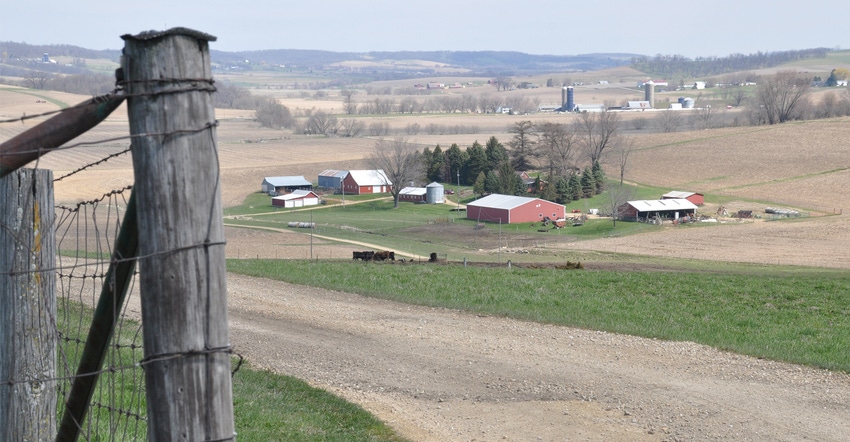June 28, 2022

Around the time I turned 50, it became clear that my love of good food coupled with a career with little physical labor was creating a problem. My clothes seemed to be shrinking. My recliner was becoming too comfy. Several people in my life, including a fatherly client named Bill, said I should commit myself to a regular exercise routine. My conscience confirmed that I needed to be a better steward of my body.
So I started running. With a bit of coaching, I’ve worked my way up to the point where my usual run is 5 miles long, and I do this five days a week. For some runners, this is nothing special. For me, it is sheer discipline. Within the first year, I lost most of the extra weight. I am definitely healthier. I know it is the right thing to do and am committed to keep it up for many more years.
But today, about halfway through my morning run, something happened in my mind. I was tempted to quit, turn off my Garmin, and walk home. Too hot today — it’ll be better tomorrow. Now, to be honest, this temptation hits me roughly five times a week. Always something different. Allergies acting up. Too early. Too cold. Too rainy. Too windy.
But today, as usual, I pushed on through. Finished the run. Was glad I did.
Estate planning is like this. We come to a point in life where, in good conscience, we know we need to do it. So we start. We have our attorney help prepare a plan. Without rehashing the myriad reasons, you know that I believe we should almost always leave our estate to our heirs in trust. No matter where we are in life when we commit to making an estate plan, this is true.
Seasons and plans
So you plan. Your plan has to deal with the immediate future: “If I die unexpectedly tomorrow, what should happen to my estate and my loved ones?” Maybe your children were young, so your plan says leave them their inheritance in trust, managed by others until the children reach an age of maturity, after which the children take control.
But you didn’t die while the children were young. They got through college, some came back to the farm, others pursued different careers. So your plans change. No longer do you leave the assets in minors’ trusts. Now the plan says each child will get a trust he or she can use for starting a family, building a home, launching a business. But each trust will protect the assets from a failed marriage or poor business decisions.
But you didn’t die while the children were starting their own lives and careers. They have reached middle age with established families. You update your plan again to make sure each child can fully control his or her trust, invest it and spend as needed, perhaps expand their own operation. The intent at this point is to protect the inherited assets from accidents and lawsuits, and boost the children’s financial position during their peak earning years.
But you didn’t die while your children were in their middle years. They are now approaching retirement. Some children have built substantial estates of their own; others perhaps not so much. If you die and leave them an inheritance, those who have built their own estate might be concerned that adding an inheritance will unnecessarily create estate tax problems for them! For a child who hasn’t accumulated so much on his or her own, perhaps the biggest concern after receiving an inheritance will be, “at my age, the nursing home is probably going to get it all!” So it is especially important that your plan give them their shares of your estate in the best way.
The children with large estates? Give them their inheritance in a trust that allows them to manage it, use it if they need it, and then pass it on to their heirs as they deem best. But design the trust so nothing they inherit will be added to the child’s taxable estate.
For children with smaller estates, their trust share should be designed so it can be preserved and protected from long-term care expenses unless they want to spend it that way.
Did you “do an estate plan” and then quit? Or are you pressing on through the fourth and fifth mile, making sure that, given your children’s relative position in life, your plan will still provide all the benefits you can for each of them?
Ferguson is an attorney who owns The Estate Planning Center in Salem, Ill. Learn more at thefarmersestateplanningattorneys.com. The opinions of this writer are not necessarily those of Farm Progress/Informa.
About the Author(s)
You May Also Like






